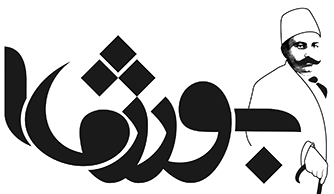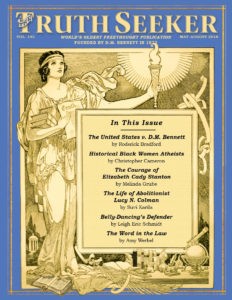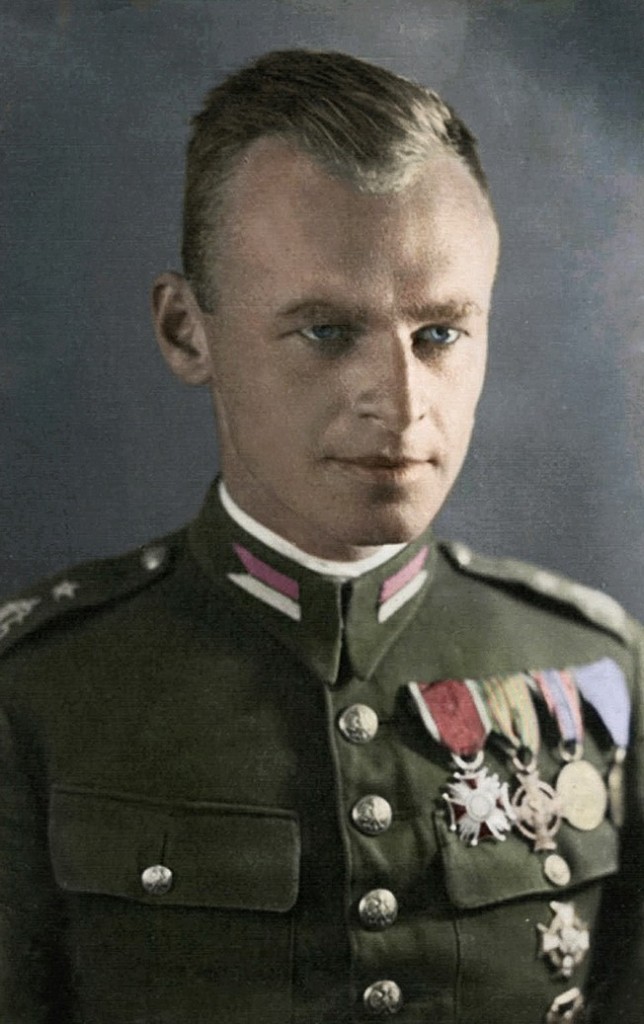Persian translation of “Hitler and the Death of Free Speech”
Thanks to Mohamad Machine-Chian for this translation. It was first published as two separate columns in The Good Life series as “Is Republishing Hitler’s Mein Kampf the Correct Decision?” and “Is Free Speech Dead in Universities?” The two articles were edited by Vinay Kolhatkar and published at The Savvy Street. The articles were also translated […]
Persian translation of “Hitler and the Death of Free Speech” Read More »







